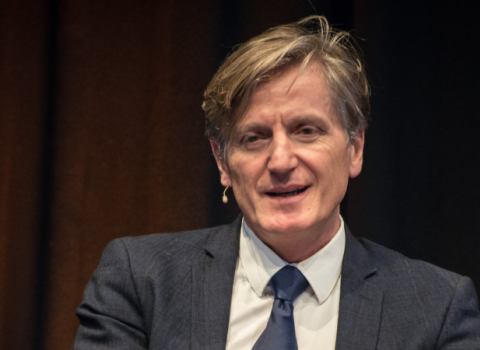The European Parliament finally voted to approve the 2013 accounts of the European Institute of Innovation & Technology (EIT) after taking the rare step of withholding approval in April.
Instead of a routine signoff, the assembly’s budgetary control committee used its power of sanction to demand proof of improvements in the EIT’s financial management procedures.
The EIT, which is part-funded by the EU Horizon 2020 research programme, was given five months to demonstrate, in the form of several reporting obligations, it has improved its policies on payments and public procurement processes.
A file was opened by Polish centre-right MEP Ryszard Czarnecki, who this week reported that EIT procedures are now in a satisfactory state.
“We are pleased to have been granted the discharge for the Institute’s 2013 accounts by the European Parliament,” said EIT spokeswoman Magdalena Gryszko. “This points to substantial progress achieved. Continuous improvements of all our procedures are an integral part of how we operate and how we bring positive change for Europe.”
For the EIT, the Parliament’s audit raised some ghosts from the past. In 2011 an independent evaluation of its operations identified "inefficiencies in the implementation" and staff who were "ill-suited to the operational role that [the EIT] was trying to forge".
“We feel sure this remains in the past,” said Peter Olesen, EIT chairman, in response to a question on the matter in May.
EIT co-funds and presides over clusters called Knowledge and Innovation Communities (KICs), which are large consortia bringing together industry and academics, both to translate research through to market and train a cadre of entrepreneurs.
There are currently five KICs, specialising in information technologies, energy, climate change, raw materials and life science. The addition of life science and raw materials was approved in 2014 and two further KICS, in sustainable food production and high-value manufacturing are scheduled for launch next year.




 A unique international forum for public research organisations and companies to connect their external engagement with strategic interests around their R&D system.
A unique international forum for public research organisations and companies to connect their external engagement with strategic interests around their R&D system.